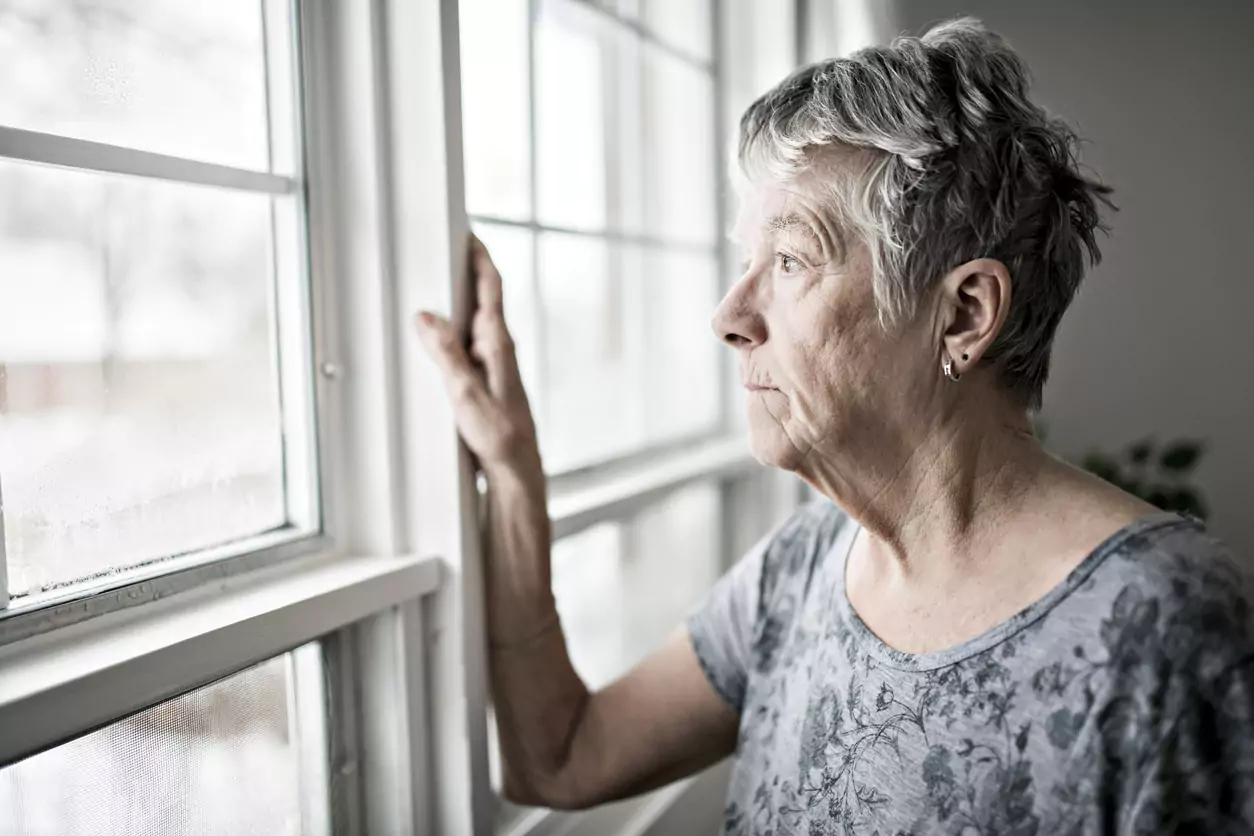 As our loved ones get older, they rely on their relatives, friends, and professional staff to help take care of them and keep them safe. However, it’s an unfortunate reality that many elderly people are mistreated, taken advantage of, and even abused.
As our loved ones get older, they rely on their relatives, friends, and professional staff to help take care of them and keep them safe. However, it’s an unfortunate reality that many elderly people are mistreated, taken advantage of, and even abused.
The first step that people can take to protect their relatives and friends is to learn how to recognize the signs of elder abuse. An awareness of these signs could save someone from potential neglect or abuse.
Types of Elder Abuse
Many people wrongly assume that they would know if their elderly loved one was being abused because they believe the injuries would be obvious. Physical elder abuse sometimes results in visible injuries, but that’s not always the case.
One of the reasons that elder abuse often goes undetected is that the abuse itself can be extremely subtle. Elder abuse can occur in many different forms:
- Physical abuse
- Sexual abuse
- Emotional abuse
- Financial abuse
- Neglect
All forms of abuse have one thing in common: they result in serious and long-lasting damage to an elderly person. When the abuse happens without consequence, it puts them at risk of experiencing more abuse in the future.
Signs of Elder Abuse
Knowing the signs of elder abuse is crucial to protecting them from individuals who are unafraid to harm or take advantage of a vulnerable person.
Pay attention to these signs of elder abuse so you can prevent the abuse from happening again:
1. Unexplained Injuries
Physical abuse is a common form of elder abuse that can involve anything from hitting, pushing, kicking, or wrongly restraining an elderly person. This type of abuse most often results in injuries that are unexplainable to a witness.
If you see cuts, bruising, bleeding, burns, or broken bones, identify what caused the injury. Even if you think the elderly person might have hurt themselves by accident, you should still investigate. If you see the same injuries happening repeatedly, this is another sign of elder abuse and needs to be thoroughly investigated.
2. Unexpected Depression, Anxiety, or Confusion
If your elderly loved one undergoes a sudden personality change, acts frightened, or is more withdrawn than usual, there is a good chance that they’ve been victimized by an abuser.
Regardless of the type of abuse that has occurred, it’s not uncommon to see unexplainable symptoms of depression or anxiety.
3. A Sudden Change in Their Financial Situation
A more subtle form of elder abuse is financial abuse. Elderly people are often targets of scams and people looking to take advantage of a vulnerable person for their money.
Signs of financial abuse include unexplainable bank withdrawals or transfers, unusual credit card activity, or forged signatures on financial documents or checks.
4. Poor Hygiene
Poor hygiene is often a sign that an elderly person is being neglected in some way. Whether they’re unbathed, living in an unclean environment, or are suffering from bedsores or skin rashes, there’s a strong chance that these are signs of neglect.
Neglect is a serious form of abuse that can complicate existing health issues. Elderly people deserve to live with dignity and self-respect. If they’re being neglected, they’re being deprived of that dignity.
5. A Caregiver Doesn’t Want to Let You See the Elder Alone
If your elder is living in a nursing home facility or with a caretaker, you assume that they are treated with respect. However, nursing home abuse is all too common. An alarming sign of elder abuse is if a nursing home staff member, caretaker, or other professional does everything they can to ensure the elder does not have visitors without them present.
As a family member or close loved one, you should note if someone refuses to leave you alone with the elderly person. They may have something to hide and are intimidating the elder into silence with their presence.
Contact an Elder Abuse Attorney Right Away
If you see any of these signs of elder abuse, it’s critical that you remove your loved one from the dangerous situation as soon as possible. For legal support, contact an experienced Florida elder abuse lawyer who can help you protect your elderly relatives and prevent future abuse from occurring.
To speak to someone by phone, call our number (561) 655-1990.
We also serve the following locations:




